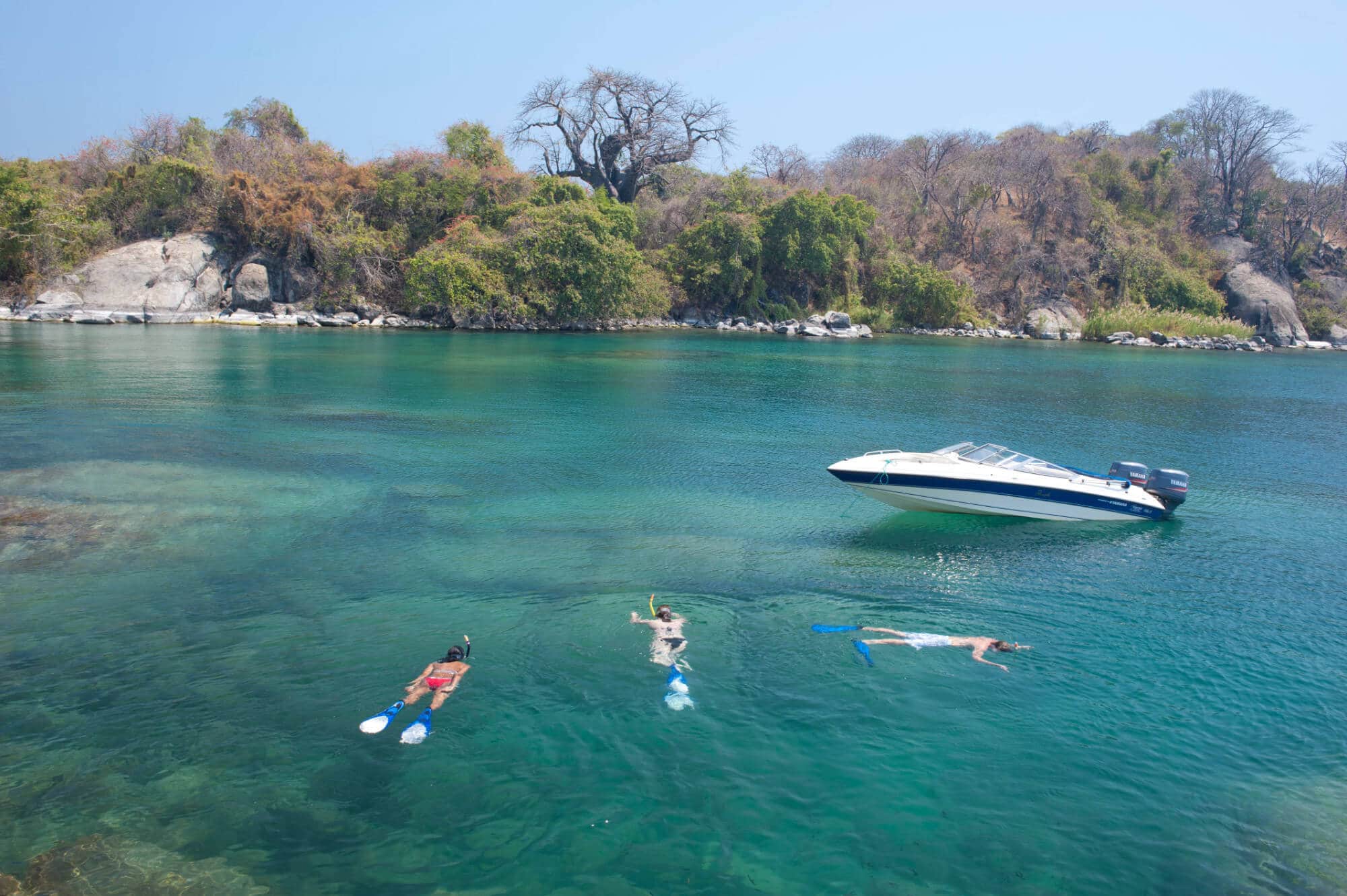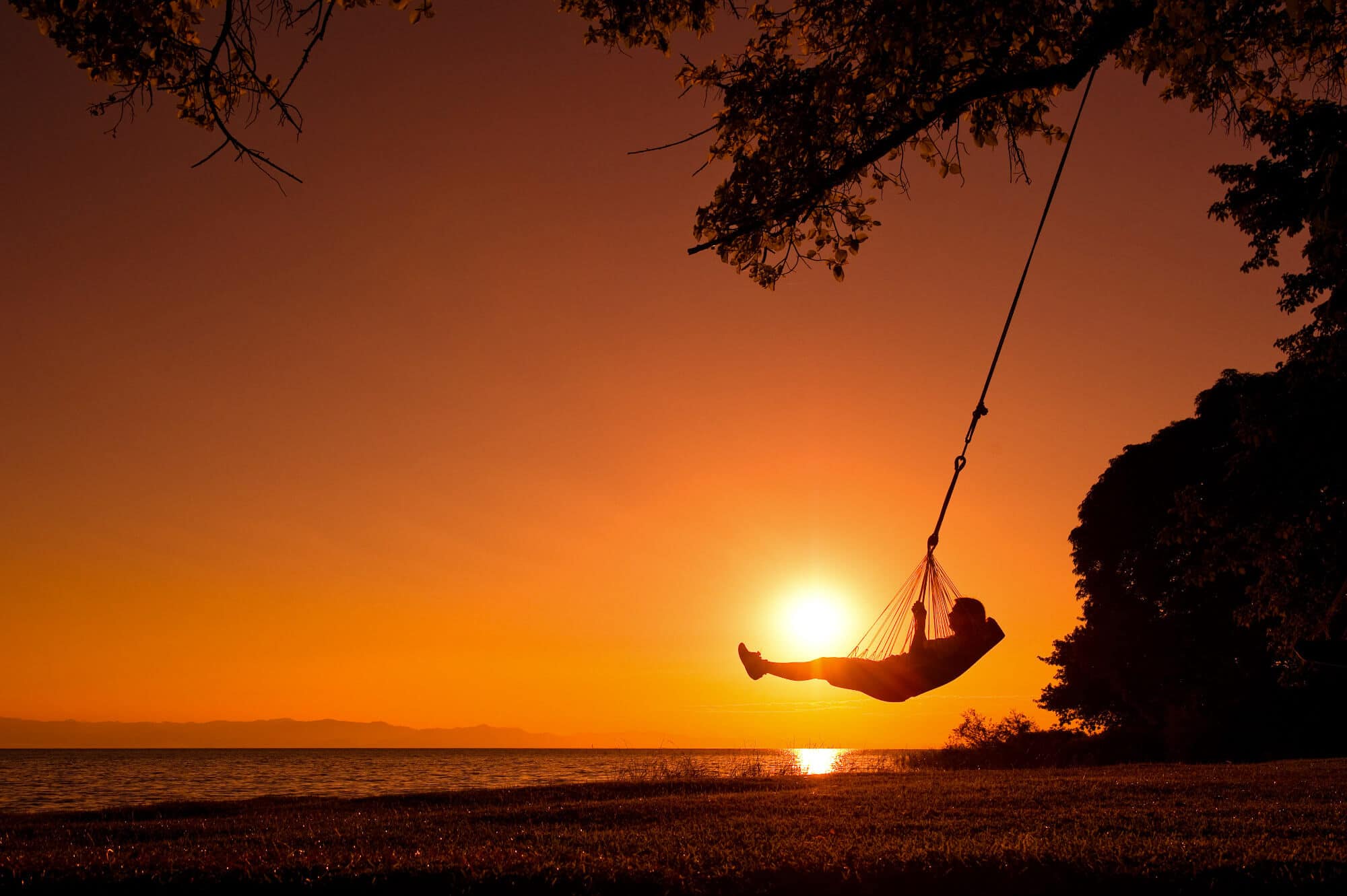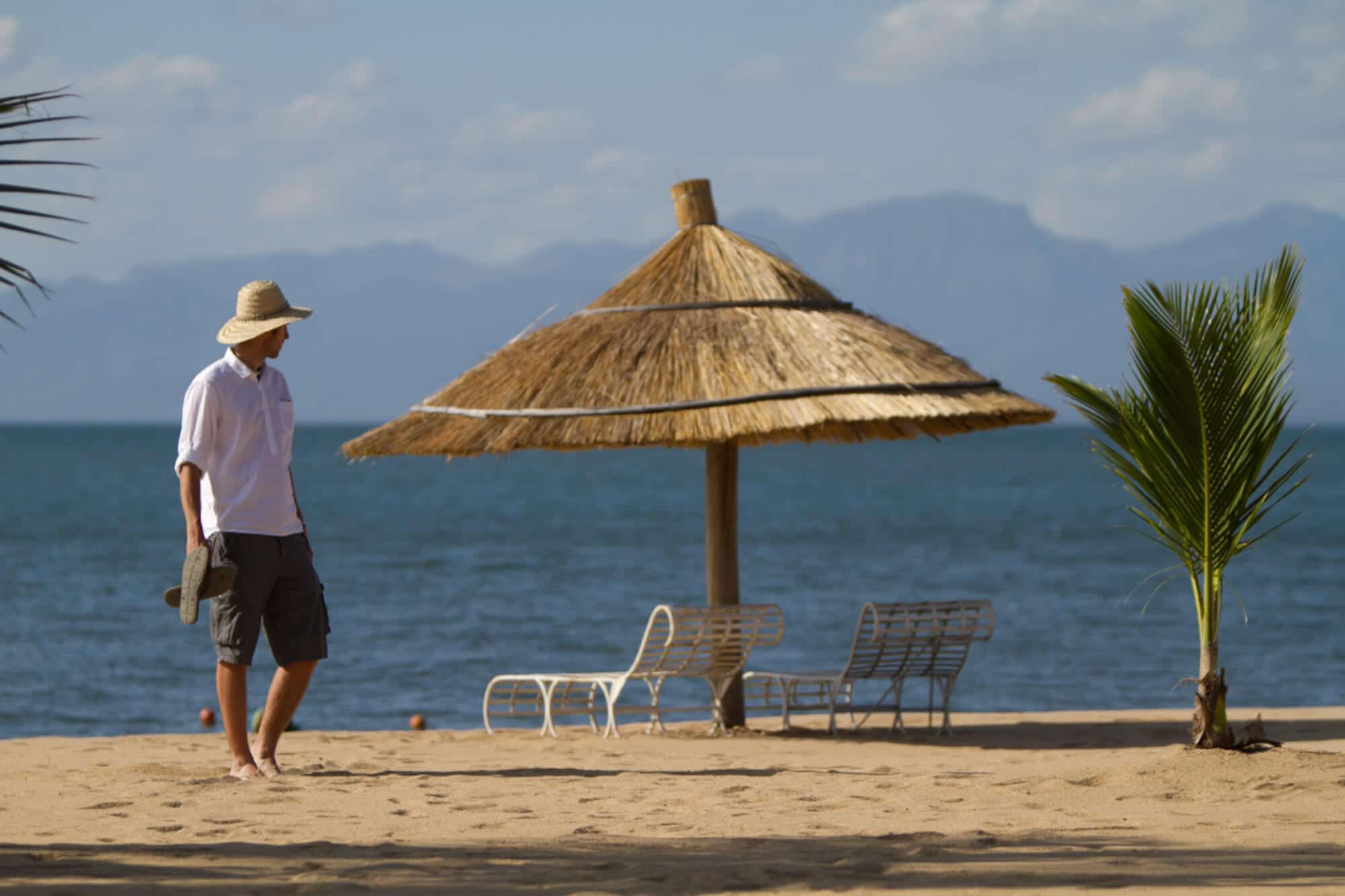When it comes to exploration and adventure, Malawi has a lot to offer; from mountaintops, grasslands and forests, to Africa’s third largest and most beautiful Lake!
Situated on the Great Rift Valley, Malawi is dominated by Lake Malawi which is 365 miles long and 52 miles wide (sometimes referred to as the calendar lake!). The lake has over 400 species of cichlid fish, a lot of which are endemic. Most of Lake Malawi’s astounding underwater diversity is protected within the Lake Malawi National Park which is a World Heritage site and is one of the first in the world set aside for the protection of freshwater fish.

The wildlife parks in Malawi are picturesque, diverse in game, with only a few lodges operating in each hence offering a very unique and exciting safari experience. Reserves such as Majete Wildlife Reserve, are virtually undiscovered by tourists thus visiting the area feels more like an expedition. Majete is also the only official Big 5 Park in Malawi.
As one of Africa’s smallest countries, Malawi is not wealthy, but has great riches in its people who are never short on smiles and hospitality.
International airlines
To fly into Malawi couldn’t be easier;
Visas
As a visitor you must be in possession of a valid passport when entering and leaving the country.
From 01 October 2015, the Government of Malawi had announced the introduction of new visa regulations applicable to visitors from any country which requires Malawian Citizens to acquire visas to visit their country of citizenship. These countries include but are not limited to the United Kingdom, United States, Canada, Schengen member states, Australia, New Zealand.
Most Middle East countries are also required to pay visa fees.
Visa Fees are payable as follows;
Money
Travellers’ cheques and cash (currencies that are widely & readily accepted include the US dollar, the Euro, the Pound Sterling and the South African Rand ) are accepted. The local currency (Malawi Kwacha) can be obtained at the airports either from the ATMs (Visa only) or Banks/Bureaux de Change. Visa credit cards are becoming more widely accepted but not in remote areas and should not be relied on except in major towns.

Insurance
Make sure that you have comprehensive medical insurance before you arrive in Malawi.
It is recommended that visitors to Malawi take malaria prophylactics. Tetanus, polio, typhoid and the hepatitis vaccinations are recommended. Yellow fever immunisation is required only by visitors entering Malawi from a yellow fever zone.
It is also advisable to know your blood group type in case of an emergency. Please check with your local practitioner/doctor for up to date health advice before you travel.
Photography
Before photographing any local people please do ask your guide and the villagers first. Be very careful when photographing public buildings and persons in uniform. It’s better to be safe and simply ask for permission to avoid any conflicts.
Seasons and Climate

What to Bring
To make your trip a success, please bring the following;
All that’s left is to enjoy your holiday in Malawi – ‘The warm heart of Africa’. ?
Want to discuss the content of this post, or just ask a question? Simply fill in the form below and we'll be in touch ASAP